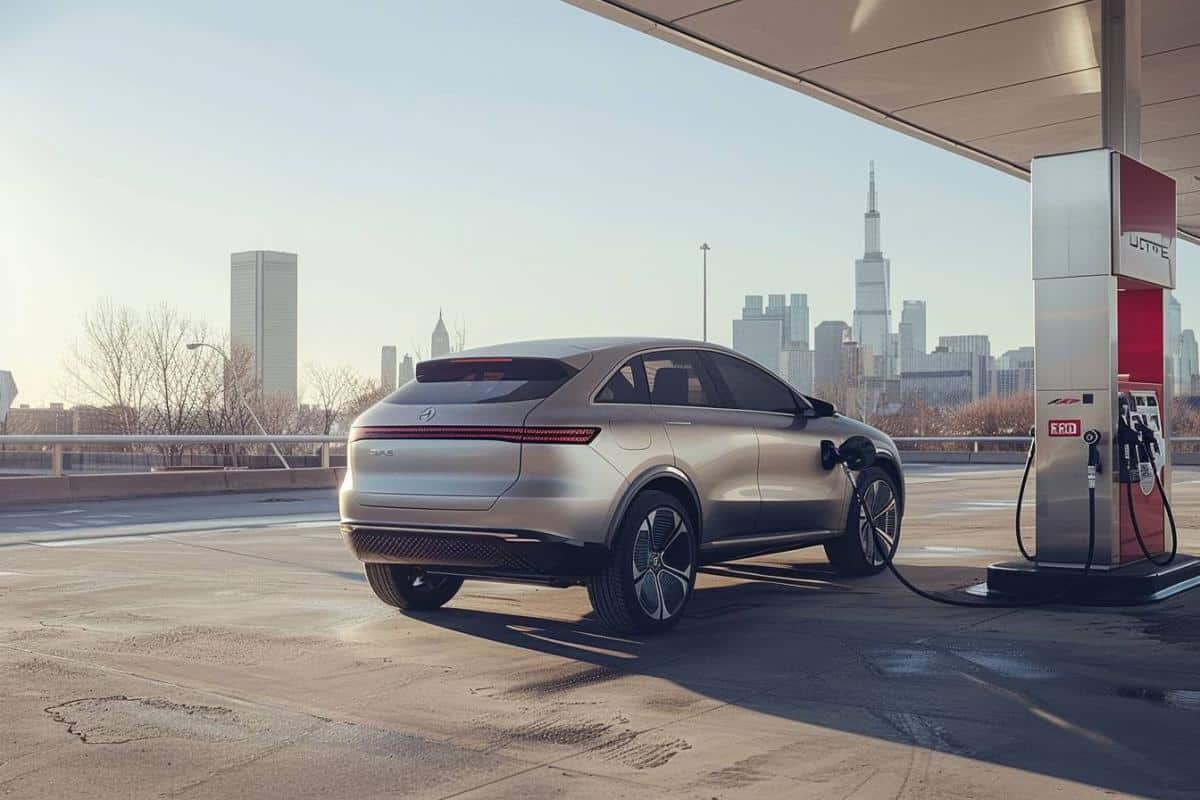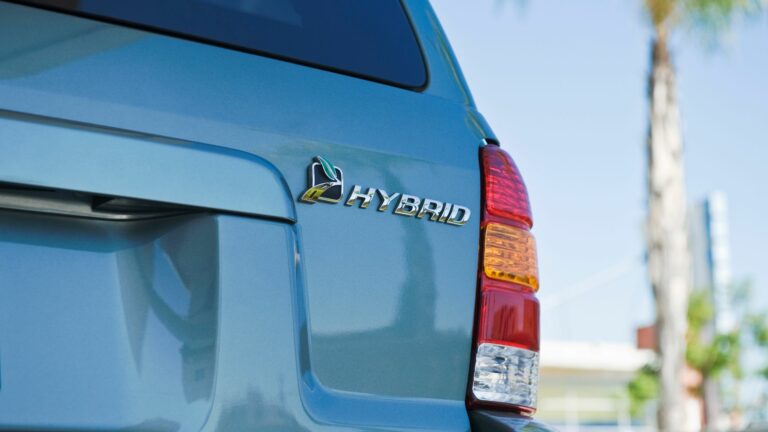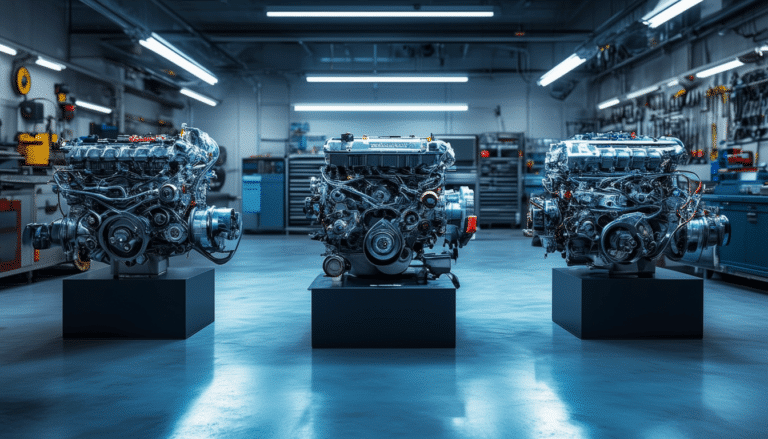¿GGstar 50% less in fuel? This secret trick works even with SUVs (incredible!)

Concerns about fuel consumption are growing, especially for SUV owners. As a vehicle enthusiast, I have thoroughly researched this topic and discovered some effective strategies to significantly reduce fuel expenses. In this article, I will share with you three proven tricks that can help you save up to 50% on your fuel costs, even if you drive an SUV.
SUMMARY:
| Main Ideas | Details |
|---|---|
| 🚗 Vehicle choice | Consider modern diesel engines or plug-in hybrids for greater efficiency |
| 🏎️ Efficient driving | Maintain a constant speed, avoid sudden accelerations, and use Eco modes |
| 📱 Use of technology | Leverage connected navigation and regenerative braking to optimize routes and consumption |
| 🔧 Regular maintenance | Change oil and filters, maintain proper tire pressure |
| ⚖️ Weight control | Remove unnecessary items from the vehicle to reduce consumption |
| ❄️ Moderate use of systems | Limit the use of air conditioning when possible |
Optimizing the engine and choosing the right vehicle
The choice of vehicle and its engine is essential to reduce fuel consumption. Modern diesel engines have experienced great advances in efficiency. For example, some diesel models offer exceptional performance with notably low consumption. This translates into significant savings over the long term.
Another option to consider is plug-in hybrid vehicles. These models allow for short distances to be traveled in fully electric mode, completely eliminating fuel consumption on urban trips. For those who mainly make short trips, this technology can result in a substantial savings on fuel expenses.
It is important to keep in mind that the size of the vehicle also affects consumption. Compact SUVs or sedans tend to be more efficient than large SUVs. If your lifestyle allows it, opting for a smaller model can be a smart decision to reduce fuel expenses.
| Engine type | Advantages | Disadvantages |
|---|---|---|
| Modern diesel | High efficiency, low consumption | Higher initial cost |
| Plug-in hybrid | Electric mode for short trips | High price, additional battery |
| Conventional gasoline | Lower acquisition cost | Higher consumption overall |
Efficient driving techniques and use of technology
The way we drive has a direct impact on fuel consumption. Adopting efficient driving can make a big difference in fuel expenses. Some key techniques include:
- Maintaining a constant speed on the highway
- Avoiding sudden accelerations and braking
- Using the Eco driving mode when available
- Taking advantage of adaptive cruise control
Modern technology offers us valuable tools to optimize our consumption. Using the connected navigation system can help us avoid traffic jams and plan more efficient routes. Additionally, in hybrid and electric vehicles, leveraging regenerative braking allows us to recover energy and reduce overall consumption.
Another important aspect is anticipating traffic. By anticipating driving situations, we can maintain a smoother flow and avoid sudden speed changes that increase consumption. This technique not only saves fuel but also contributes to safer driving.
As a car enthusiast at 37 years old, I have personally tested these techniques and can attest to their effectiveness. In my tests, I achieved consumption reductions of up to 20% simply by adjusting my driving style.
Proper maintenance and vehicle adjustments
Regular vehicle maintenance is crucial to maintaining optimal fuel consumption. A well-maintained engine runs more efficiently and consumes less fuel. Some key maintenance tasks include:
- Regularly changing oil and filters
- Maintaining proper tire pressure
- Carrying out the manufacturer’s scheduled inspections
Tire pressure deserves special mention. Tires with the correct pressure reduce rolling resistance, which directly translates into lower fuel consumption. According to recent studies, maintaining proper tire pressure can improve fuel efficiency by up to 3%.
Another aspect to consider is the weight of the vehicle. Eliminating unnecessary weight can have a significant impact on consumption. Removing heavy items that are not essential, especially on short trips, can help reduce fuel expenses.
Moderate use of air conditioning and other electric systems also contributes to savings. On not-too-hot days, choosing to open the windows instead of using air conditioning can result in notable savings, especially on urban trips.
As a mechanic enthusiast, I have found that a well-maintained vehicle not only consumes less but also offers better performance and a longer lifespan. Investing time and resources in proper maintenance is a smart strategy to reduce long-term costs.
In conclusion, reducing fuel consumption in an SUV is possible and can lead to significant savings. By combining the right vehicle choice, efficient driving techniques, and proper maintenance, it is feasible to reduce fuel expenses by up to 50%. These strategies benefit not only our wallets but also contribute to more responsible use of resources and the reduction of pollutant emissions.






